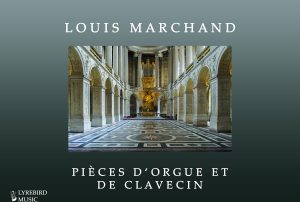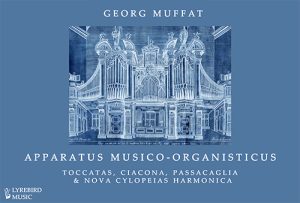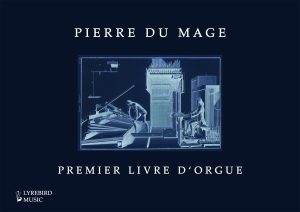LBMP–047: Malcolm Archer – Four Shakespeare Songs for Tenor or Soprano and Piano
From €15.99
ISMN: 979-0-706670-76-8 21 pages
- New compositions of four traditional British folksongs
- Suitable for Tenor or Soprano and Piano
- Two available formats
- Wire bound
- Tablet (PDF – one download available for 5 days)
Prices vary according to your needs. Please first choose the format you require.
Please note that if you are an EU customer, the prices include the VAT for your area. This is collected for orders under €150. EU customers whose orders exceed €150 will see the VAT until checkout, at which point taxes will be removed.
Malcolm Archer – Four Shakespeare Songs for Tenor or Soprano
Songs, dances, and musical instruments were common features in Elizabethan drama, and Shakespeare often included songs for his minor characters, such as children, servants, fools, and rogues. The songs, which were seen as an essential part of the whole entertainment, were usually there as part of the storyline, and some actors were expected to be able to sing as well as act.
Two of the songs in this cycle, ‘Take, O take those lips away’, from Measure for Measure and ‘O mistress mine’ from Twelfth Night, may pre-date these plays, and instrumental versions of ‘O mistress mine’ by Byrd and Morley, composed before the first production of Twelfth Night might suggest that this is the case, although many believe the words to be original Shakespeare. In my setting of ‘Take, O take’, the haunting melancholy of the words is echoed by the unrelenting repetition of the quavers in the left hand of the accompaniment and the often high tessitura for the singer.
‘Full fathom five thy father lies’ is sung by Ariel in The Tempest, in the hearing of Ferdinand. It is just one stanza, although a setting of a second stanza by Robert Johnson, a contemporary of Shakespeare, may have been used in the original production of 1611. In my setting, the ‘ding dong, bell’ mentioned in the text can be heard in the bell-like character of the piano part. The final song in the cycle is ‘It was a lover and his lass’ from Act 5, scene 3 of As You Like It and is a joyful celebration of young love in the Springtime.
Composer Malcolm Archer spent many years at the helm of Cathedral music in England, having been Organist and Director of Music at Bristol, Wells and St. Paul’s Cathedrals and Director of Chapel Music at Winchester College. He is a widely published composer of choral and instrumental works and receives frequent commissions for new material. Archer’s work as an organist, pianist and conductor has taken him to various parts of the world, and he is often invited to conduct his own works. As a piano accompanist, he works frequently with singers, and writing English song is something very close to his heart.
Pending




